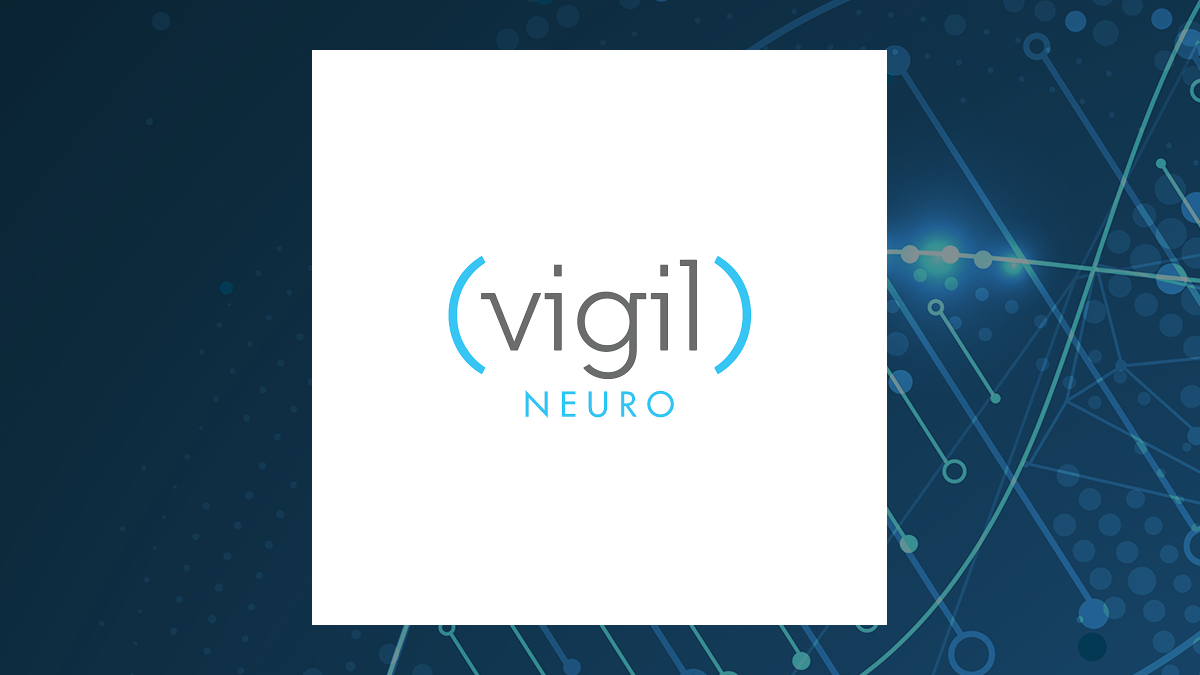
Vigil Neuroscience, Inc., a clinical-stage biotechnology company listed on the Nasdaq under the symbol VIGL, recently unveiled promising results from its Phase 1 clinical trial for the experimental Alzheimer’s disease (AD) treatment, VG-3927. The company issued a press release on January 23, 2025, announcing the positive outcomes of the trial.
The Phase 1 trial focused on evaluating VG-3927 in healthy adults and individuals with Alzheimer’s disease. The study included 115 participants across different cohorts, assessing safety, tolerability, pharmacokinetics (PK), and pharmacodynamics (PD) of VG-3927. Noteworthily, the trial involved dosing healthy volunteers and AD patients, including individuals with genetic risk factors for AD.
VG-3927 is a small molecule TREM2 agonist, designed to enhance the protective responses of microglia without exacerbating inflammation. The molecule was observed to elicit neuroprotective activation of microglia downstream of TREM2 signaling. Based on these positive Phase 1 results, the company plans to move forward with a once-daily oral dose of 25mg, fully engaging the desired pharmacology. The initiation of the Phase 2 trial is anticipated for the third quarter of 2025.
In a statement, Vigil Neuroscience’s President and Chief Executive Officer, Ivana Magovčević-Liebisch, expressed enthusiasm about the encouraging Phase 1 data, underlining the potential of VG-3927 as an advanced therapy for Alzheimer’s disease. Petra Kaufmann, the company’s Chief Medical Officer, emphasized the molecule’s well-characterized safety profile and its ability to harness the neuroprotective potential of microglia.
The forward-looking statements provided by the company outlined its strategic focus on developing precision-based therapies for neurodegenerative diseases, including Alzheimer’s, with the aim of addressing unmet medical needs. Vigil Neuroscience continues to advance its clinical development initiatives, with plans to present additional data at the AD/PD™ 2025 International Conference.
Investors and stakeholders are encouraged to refer to Vigil Neuroscience’s official website for regular updates and important information regarding the company’s advancements and developments in the field of neurodegenerative disease treatments.
This article was generated by an automated content engine and was reviewed by a human editor prior to publication. For additional information, read Vigil Neuroscience’s 8K filing here.
Vigil Neuroscience Company Profile
Vigil Neuroscience, Inc, a clinical-stage biotechnology company, focuses on developing treatments for rare and common neurodegenerative diseases by restoring the vigilance of microglia, the sentinel immune cells of the brain. Its lead candidate is VGL101(Iluzanebart), a human monoclonal antibody agonist targeting human triggering receptor expressed on myeloid cells 2 and is in a Phase 2 trial in patients with adult-onset leukoencephalopathy with axonal spheroids and pigmented glia (ALSP), a rare and fatal neurodegenerative disease.
Further Reading
- Five stocks we like better than Vigil Neuroscience
- High Flyers: 3 Natural Gas Stocks for March 2022
- Why Energy Transfer Stock Could Soar to New Highs in 2025
- What Does Downgrade Mean in Investing?
- 3 Buy-and-Hold Stocks for Long-Term Growth
- 2 Rising CRM Platform Stocks That Can Surge Higher in 2025
- Despite Short-Term Risks Freeport McMoran Worth a Look
